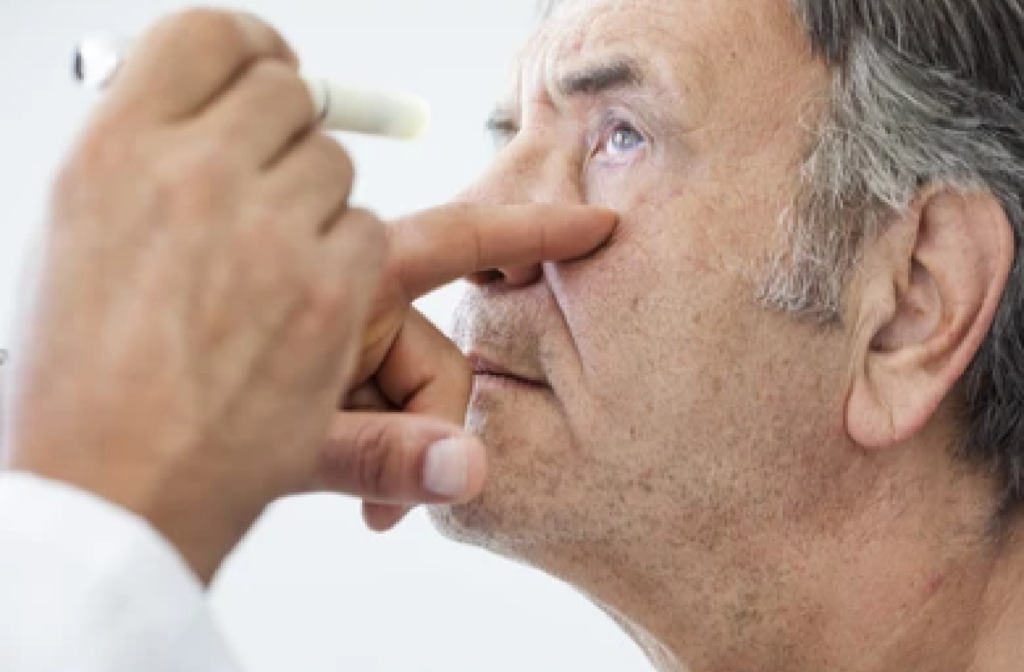Eye disease can come in many forms and affect your daily life—cataracts are one of these slow-developing diseases that can impact your vision. Early detection can help your optometrist manage the disease and explore personalized treatment options with you.
When dealing with cataracts, you’ll want to know if you can prevent them from worsening. Let’s explore how cataracts develop and see if there are any preventative measures you can take.
What are Cataracts?
Cataracts occur when the normally clear lens of your eye becomes clouded. As a result, your vision becomes cloudy and unclear in the affected eye. Cataracts can make it difficult to read and drive a vehicle.
Cataracts are a natural part of the aging process for most. Still, there are other factors that contribute to cataract development, like:
- Diabetes
- Eye injuries
- Excessive alcohol consumption
Cataracts can develop in both eyes or just one that may worsen over time. It’s important to monitor the signs and symptoms and pay attention to changes in your vision.
Common signs and symptoms of a cataract may include:
- Increased difficulty seeing at night
- Blurred or hazy vision
- Reduced-intensity of colors
- Change in the eye’s refractive error or prescription
Mild cataracts may be corrected with prescription eyeglasses or contact lenses. However, if the condition progresses and worsens, cataract surgery may be required.
The Cataract Surgery Process
During cataract surgery, the cloudy lens inside the eye is removed and replaced with an artificial intraocular (IOL) lens to restore your focusing power.
Your cataract specialist will use 2 main methods to perform your surgery:
- Phacoemulsification— involves using an ultrasound probe to break up the lens for removal.
- Extracapsular cataract extraction—involves making an incision in the eye and removing the lens in one piece.
Once the cataract has been removed, the artificial lens is inserted. Cataract surgery successfully restores vision in the majority of people who have the procedure done.
The best method will be based on your vision needs and will be determined after thorough testing with your eye doctor.

Is Cataract Prevention an Option?
Cataracts can affect your ability to do regular everyday tasks, so of course, you may be looking at what prevention methods exist, if any.
Currently, there are no treatment plans to prevent or slow cataract prevention. However, while there are no clinically proven approaches for cataract prevention, some prevention strategies can include:
- Decreasing or stopping smoking
- Monitoring your exposure to sunlight through UV-blocking lenses
- Adjusting your diet to include more antioxidant vitamin consumption
Your diet plays a big part, as mentioned before. Adding more variety with plenty of fruits and vegetables can promote good eye health.
Regular eye examinations with your optometrist are also crucial to help monitor any early developing issues with your eyes.
It’s important to note that these strategies are more for your eye health, and no studies have been proven to prevent or slow the progression of cataracts. Your optometrist knows your eyes best, so discussing your specific situation with them will be most helpful.
Your Eye Health Comes First
Complete cataract prevention is currently not possible. However, there are prevention strategies that promote good eye health. When cataracts reach a level where they begin preventing you from going about your daily activities, the best option to clear up your vision is cataract surgery. Book an appointment with your optometrist at Pack & Bianes Optometry and get a comprehensive eye exam to ensure your eye health is taken care of.



